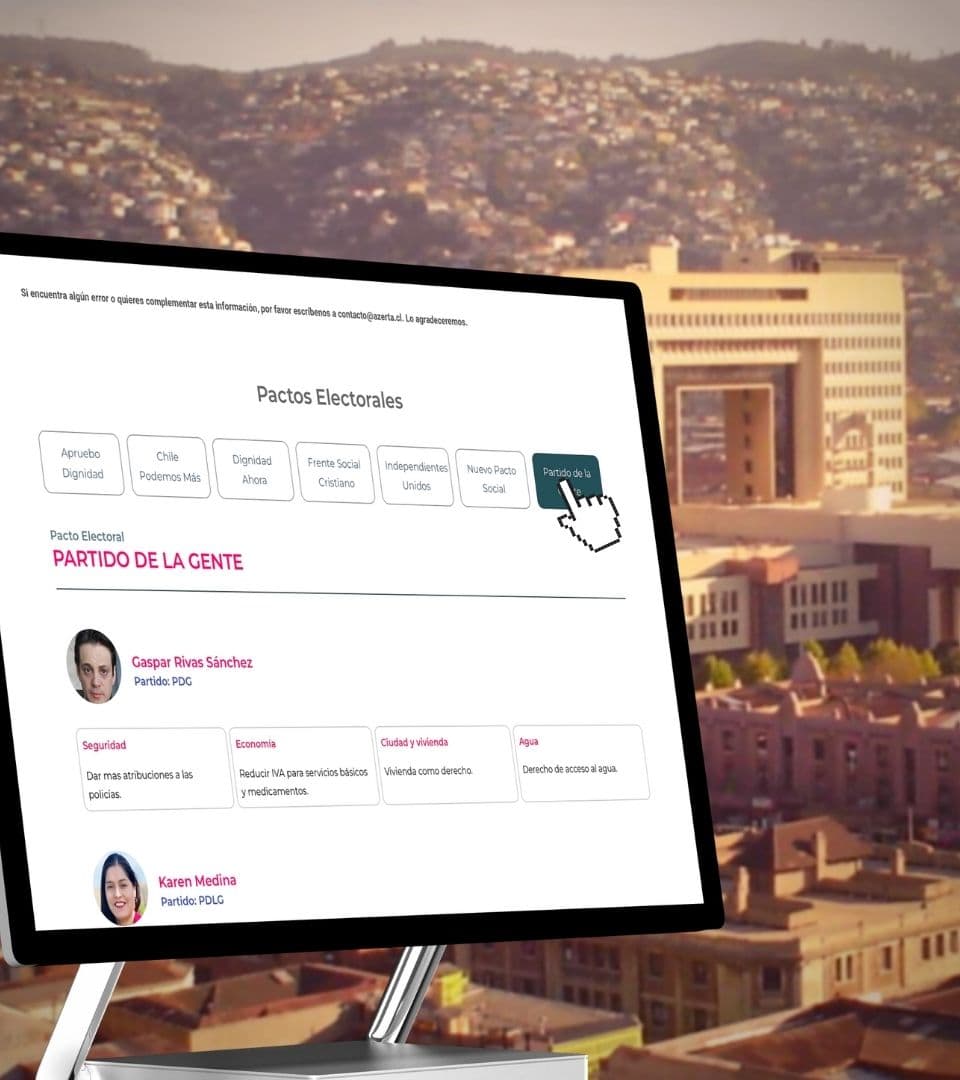The inauguration of the new government caps a long-standing process of political change and brings the generation that successfully challenged the transition to democracy and its dynamics to the fore. However, although it has been a successful critique, the successor generation does not come to power on a blank sheet of paper, and it will be the balancing of the new and the old that will absorb a large part of its efforts and skills.
So far Gabriel Boric has shown a talent for and commitment to the symbolic and long-term signals. Now the question is whether he will have the same ability to manage the day-to-day elements of power. To get to heaven you need a long ladder and a very short one, says a popular song lyric. And the same thing can be said about politics.
The long ladder represents the acts of a “statesmen”: the broad strokes, the cultural nods, and the management of all those gestures that must be decoded by others to become political reality. Statements such as “I stand on the shoulders of giants,” the selection of a female aide-de-camp, the abandonment of neckties, turning the photo with his cabinet towards the trees in the background, and having breakfast with social leaders before taking office are all part of this repertoire, but so are the formation of a coalition with the principal actors of the last 30 years and the signature of the agreement to start the new constituent process against the will of his allies.
The short ladder, meanwhile, is everything that is behind the scenes. The kitchens, the basements, the rough butressing behind the scenarios. Backstage, away from the lights and out of reach of the camera, is where everything that the broad strokes have outlined but that someone has to push to make it happen. And it is where all of the negotiations that the statesman doesn’t mention or pretends not to know of take place. This includes tactical agreements made with those who, in the light of day, are ones bitter enemies, either to have a turn at Senate leadership or to fill some other administrative position. Negotiation, compromise and betrayal are all those activities that happen in politics, even if the rhetoric of some seems to pretend they don’t exist.
By now it is well known that President Boric is not fluent in the matters of daily affairs. Bitter proof of this was seen during the campaign with his difficulty in handling and retaining figures, orders of magnitudes and other details. Nor do they seem to be part of the areas which he intends to venture into — unlike his predecessor who insisted on being in every part of the chain. This will be a task for his teams, and when the cameras pan back and show the new President’s wider surrounding, the figure of the person who will probably be mainly in charge of “short” ladder matters, Giorgio Jackson, will be ever present.
The governance of a heterogeneous coalition, in a context of constitutional change and in the midst of a clash between existing and emerging political forces, will require a very deft hand. For where each sign or symbol appears, a breach opens which must be filled in before allies fall into it. As it stands, the dominant institutional conflict of the current political cycle, the clash between the constituent power and the constituted power (represented in the Congress) can be managed either in search of a synthesis or whipped up to generate a schism. These types of tasks cannot be accomplished with signals, however necessary they may be, but neither is it possible to manage them without understanding the power of symbology.
Jackson seems to be aware of his mandate in this regard. A look at the months between the primary, the two presidential electoral rounds, and the new government’s transition process confirms that Boric’s running mate is the person who is best able to embody this synthesis between the symbolic and the practical requirements of governing. A look at the appointments and especially the teams accompanying the key ministries also reveals the hand of the current Minister Secretary General of the Presidency.
Jackson appears as the viziers do: beside the President as a permanent presence, but with a low profile; he does not interfere, but he is heard. He is, or is presumed to be, present and therein lays his power.
The first task of Boric’s vizier will be to make a coalition, which — unlike the traditional way — was not created before the campaign but after the election, work effectively. This is a context more akin to that of parliamentary democracies which have a specific legislative imperative: to create a sufficient majority to try to legislate. At the same time, he will have to try to turn the government coalition into a cohesive group inside the Convention because, as of now, whatever the government parties do, regardless of the venue they do it in, will be a matter for the government.
On top of this complex situation overall, will be the need to deal with each and every one of the problems associated with a scenario of conflict in Chile and the world. These include the fulfillment of politically (and electorally) charged campaign promises such as the government guaranteed student loans, pension reform, tax reform, reactivation of employment and economic activity, management of public security, and the territorial continuity of the State, among many other matters. Boric’s team comes into the game with the public on their side, but the numbers stacked against them. The government’s success will no doubt require a statesman and a good vizier, but also the help of a wizard. Are there any of them to be had?
(*) Director of Social Studies and Policies at Azerta. Column published in Ex-Ante.


